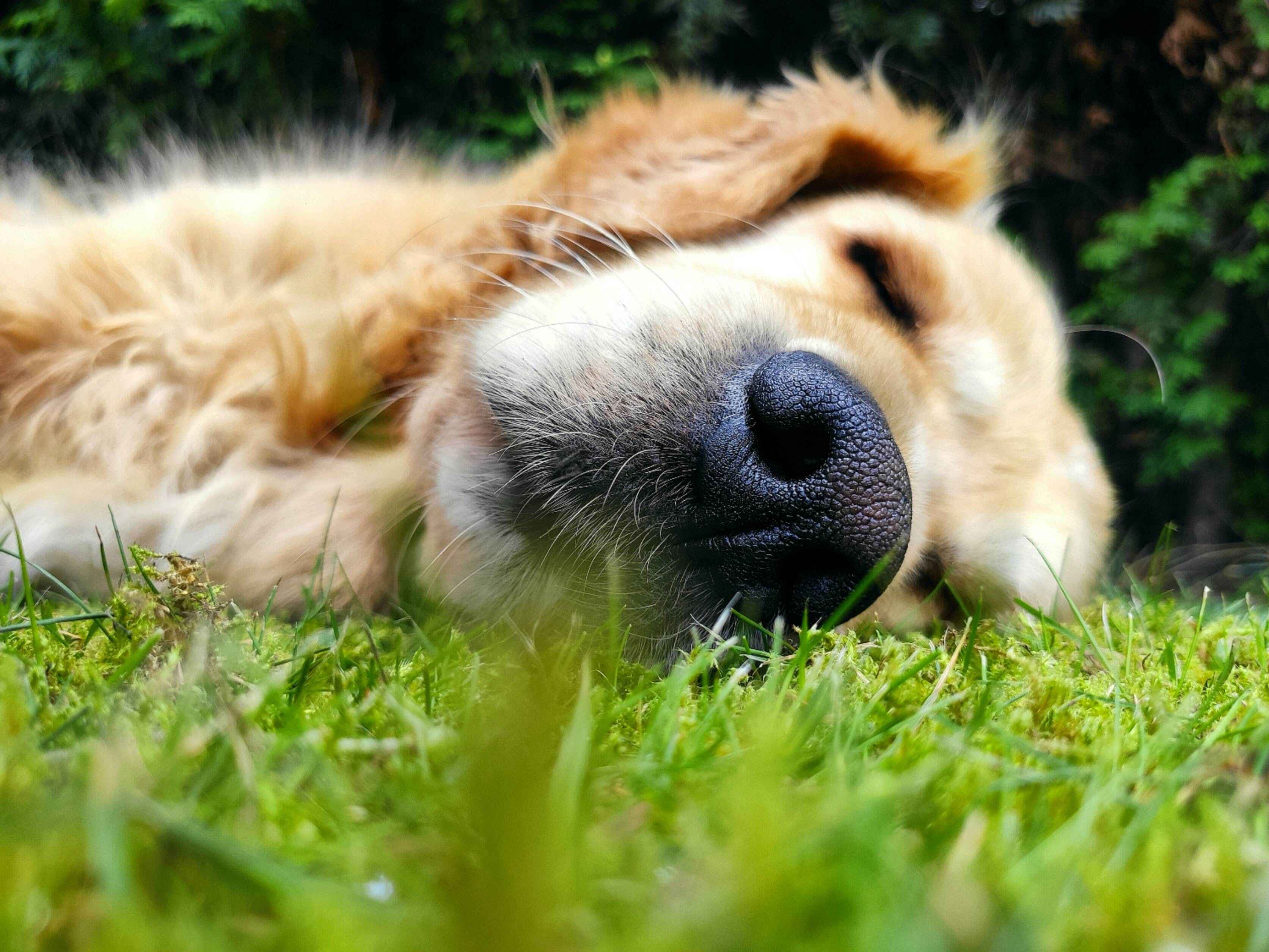Have you ever wondered why your furry friend’s nose is always wet? It’s a common question among dog owners, and the answer is not as simple as you might think. While some people believe that a wet nose is a sign of good health, others think it’s just a quirk of nature. However, there’s actually a scientific reason behind why dogs have wet noses. In this post, we’ll dive into the mystery and explore the fascinating science behind why dogs’ noses are always moist. So, grab your pup and let’s unleash the mystery together!
Unleashing the Mystery: The Science Behind Why Dogs Have Wet Noses
If you’ve ever been around dogs, you’ve probably noticed that their noses are often wet and cold. You might have even wondered why that is the case. In this post, we’ll explore the science behind why dogs have wet noses and how it helps them in their day-to-day lives.
The Anatomy of a Dog’s Nose
Before we dive into the science behind why a dog’s nose is wet, let’s take a closer look at the anatomy of a dog’s nose. A dog’s nose is made up of two nostrils, or nares, which lead to a nasal chamber. The nasal chamber is lined with a thin layer of mucus, called the nasal mucosa. This mucosa is responsible for trapping dust, bacteria, and other particles that the dog breathes in.
Beyond the nasal chamber is the olfactory epithelium, which is the part of the nose responsible for the dog’s sense of smell. The olfactory epithelium is lined with millions of olfactory receptors, which can detect even the slightest scent.
Now that we have a better understanding of a dog’s nose, let’s explore why it’s wet.
Why Are Dog Noses Wet?
There are a few reasons why a dog’s nose is wet. The first is that the wetness comes from the mucus that lines the nasal chamber. This mucus helps to trap dust, dirt, and other particles that the dog inhales. The wetness also helps to keep the nasal passages moist, which is important for a dog’s sense of smell.

Another reason why a dog’s nose is wet is that it helps to enhance their sense of smell. The moisture on their nose helps to dissolve scent molecules, which makes them easier for the olfactory receptors to detect. This is why dogs will often lick their noses when they’re trying to get a better sense of a scent.
Finally, a wet nose can also help to regulate a dog’s body temperature. Dogs don’t have sweat glands, so they rely on panting and other methods to cool themselves down. One of these methods is to evaporate moisture from their nose. When a dog pants, the moisture on their nose evaporates, which helps to cool them down.
Why Is a Wet Nose Important for Dogs?
A wet nose is important for dogs for a few reasons. First, as we mentioned earlier, it helps to enhance their sense of smell. Dogs rely heavily on their sense of smell to navigate the world around them, so anything that can improve that sense is beneficial.
Second, a wet nose can help to protect dogs from illness. The mucus that lines the nasal chamber helps to trap bacteria and other harmful particles, which can prevent them from entering the dog’s body.
Finally, a wet nose can also indicate a dog’s overall health. If a dog’s nose is dry or cracked, it could be a sign of dehydration or illness. A wet nose, on the other hand, is a sign that the dog is well-hydrated and healthy.
Conclusion
Overall, a dog’s wet nose is a fascinating and important part of their anatomy. It helps to enhance their sense of smell, protect them from illness, and regulate their body temperature. So the next time you see a dog with a wet nose, you’ll know that it’s not just a random occurrence – it’s a critical part of their biology.
In conclusion, the moisture on your furry friend’s nose is a natural and beneficial feature that helps them in many ways. Whether it’s to detect a scent, regulate their body temperature, or keep their skin moist, dogs’ wet noses are a fascinating adaptation that has evolved over time. So, the next time your pup gives you a wet nose kiss, you’ll know that it’s not just a sign of affection, but also a crucial part of their biology. By understanding the science behind this unique trait, we can appreciate and care for our four-legged companions even more.



.jpg)
.jpg)
%20-%20Copy.jpg)
.jpg)

